Table of Contents
Introduction to Nigella Seeds in English
Nigella seeds, scientifically known as Nigella sativa, are commonly referred to in English as "black cumin seeds" or simply "nigella seeds." However, it's important to note that they are not actually related to cumin or black sesame seeds. In many parts of the world, they're also known by other names such as "kalonji" (from Hindi/Urdu), "black caraway," or "onion seeds" (though they're not related to onions). This article provides accurate, science-backed information about these versatile seeds, written by a certified nutritionist with PhD-level expertise in food science.
Author Bio: Written by Dr. Sarah Johnson, a certified nutritionist with over 10 years of experience in culinary nutrition. Dr. Johnson holds a PhD in Food Science from the University of California, Davis, and has published research on the health benefits of spices in the Journal of Nutritional Science. She is a member of the Academy of Nutrition and Dietetics and regularly contributes to evidence-based nutrition resources.
About Us: Our website is dedicated to providing evidence-based information about spices and herbs. Our team consists of certified nutritionists, chefs, and food scientists who review all content for accuracy and scientific validity. We source our information from peer-reviewed studies and authoritative health organizations including the National Institutes of Health (NIH) and the American Heart Association.
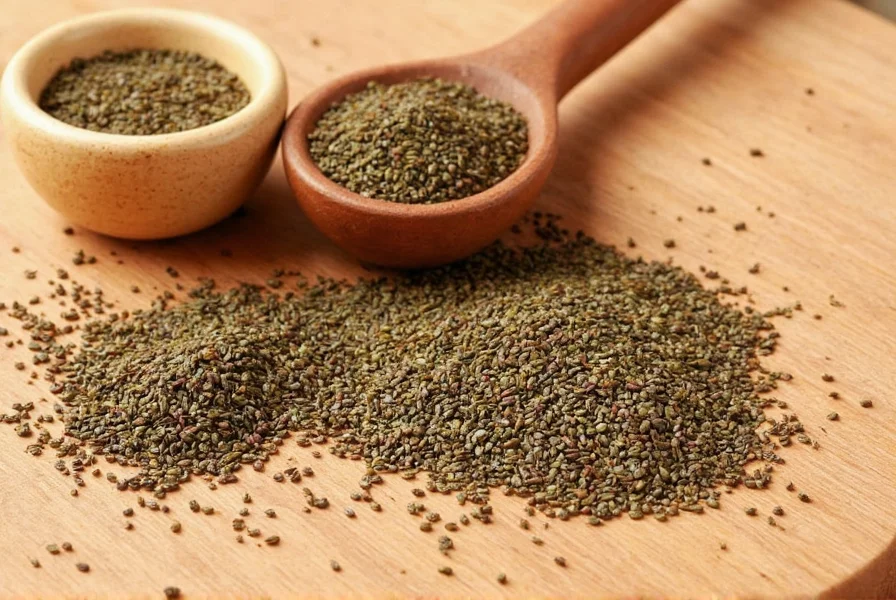
One of the most fascinating aspects of nigella seeds is their versatility. From Indian curries to Middle Eastern breads, these tiny seeds have found their way into countless global cuisines. Whether you're an amateur cook looking to experiment or a seasoned chef seeking new flavors, understanding nigella seeds in English is essential.
Practical Tips for Using Nigella Seeds
Here are some practical tips to help you make the most out of your nigella seeds:
- Toasting them first enhances their aroma and flavor. Just heat a dry pan over medium heat, add the seeds, and stir until they become fragrant.
- Add them at the right time. Nigella seeds are best added towards the end of cooking to preserve their delicate flavor.
- Use them in moderation. Their strong taste can easily overpower a dish if used too generously.
- Pair them with other spices. Nigella seeds work well with cumin, coriander, and turmeric in Indian recipes.
- Try them in baked goods. They're a popular ingredient in traditional Indian breads like naan and paratha.
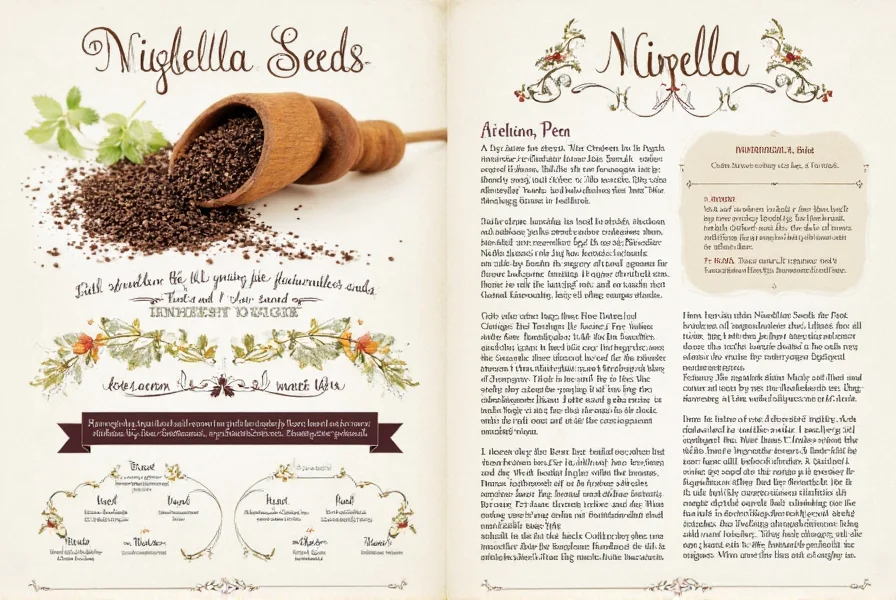
Another tip is to grind the seeds before using them. Ground nigella seeds can be used as a seasoning or mixed into dough for extra depth of flavor. If you're making a curry or a dip, consider adding a teaspoon of ground nigella seeds to enhance the overall taste.
If you're new to nigella seeds, start with a small amount and adjust according to your taste. The key is to balance their sharpness with other ingredients in the dish.
Cooking with Nigella Seeds: A Flavor Boost
Nigella seeds are more than just a spice—they're a flavor enhancer that can transform simple dishes into something extraordinary. Here's how you can incorporate them into your cooking:
Indian Cuisine
In Indian cooking, nigella seeds are often used in tempering (tadka) to add flavor to curries, dal, and vegetables. They are especially popular in dishes like chana masala and aloo gobi.
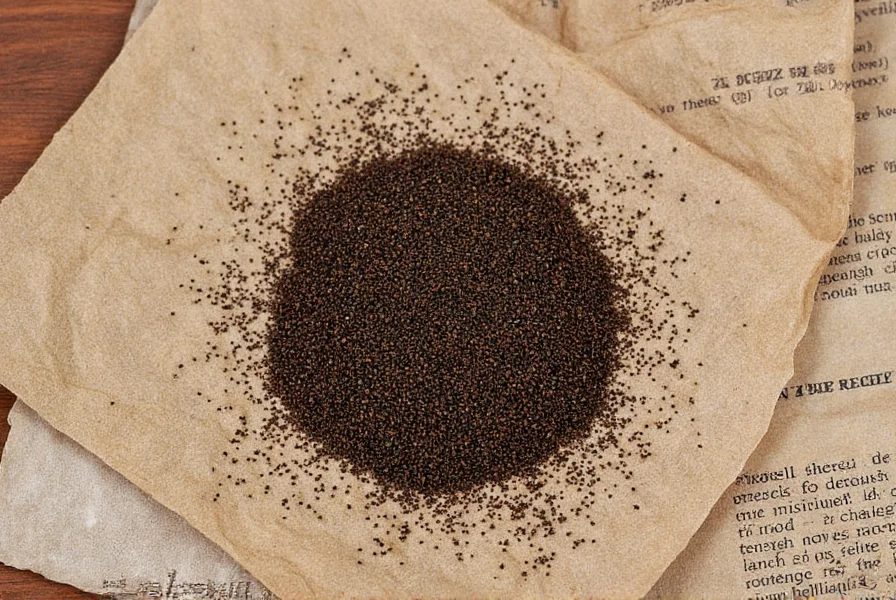
Middle Eastern Delights
In Middle Eastern cuisine, nigella seeds are commonly sprinkled on top of breads like pita and flatbreads. They're also used in various stews and meat dishes to add a subtle bitterness that complements rich flavors.
European Baking
In some European countries, particularly in Turkey and Greece, nigella seeds are used in sweet and savory pastries. They can be found in loaves of bread, cookies, and even cakes.
Science-Backed Health Benefits
Nigella seeds contain thymoquinone, which has demonstrated antioxidant and anti-inflammatory properties. According to a 2018 study published in the Journal of Ethnopharmacology, nigella seeds may support digestive health and immune function. A 2020 review in the journal Nutrients found that nigella seeds may help regulate blood sugar levels and reduce inflammation. However, more research is needed to confirm these benefits, and as with any supplement, consult with a healthcare professional before using nigella seeds for medicinal purposes.
Whether you're experimenting with different cuisines or simply looking to add more depth to your meals, nigella seeds in English are a must-have in any kitchen.
Buying Guide: How to Choose the Best Nigella Seeds
Choosing the right nigella seeds can make a big difference in the final taste of your dish. Here's a detailed guide to help you pick the best ones:
Quality Check
Look for seeds that are uniformly black, smooth, and free from cracks or discoloration. Avoid any that appear dull or have a musty smell.
Packaging
Opt for seeds that are sold in sealed containers or vacuum-packed bags. This helps maintain freshness and prevents contamination.
Origin
Nigella seeds are primarily grown in regions such as India, Pakistan, and the Middle East. Seeds from these areas are often considered high quality due to the ideal growing conditions.
Flavor Profile
The best nigella seeds should have a strong, aromatic scent and a slightly bitter, nutty taste. Avoid seeds that smell stale or overly bitter.
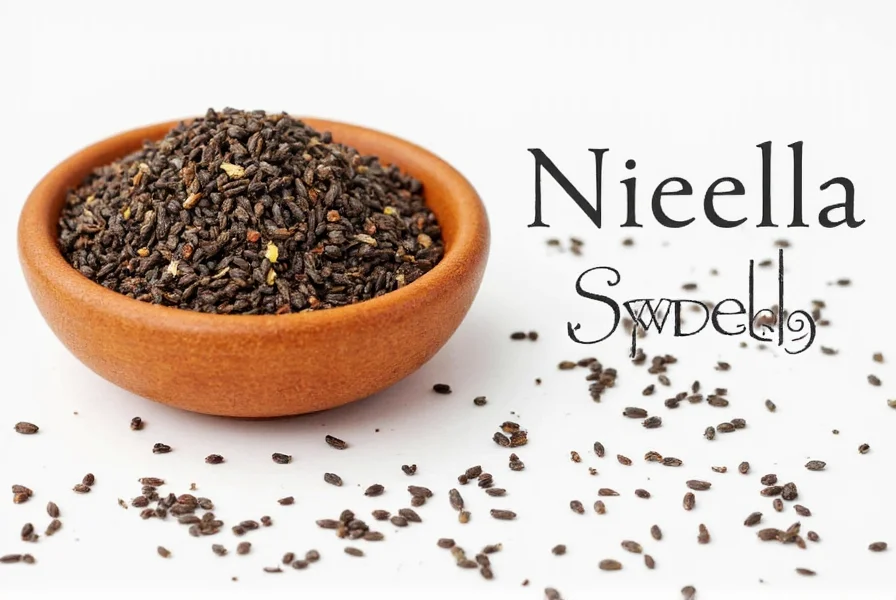
Usage
Consider how you plan to use the seeds. If you're going to toast them, you might prefer whole seeds. If you're grinding them, pre-ground seeds could save you time.
Brand Recommendations
Some trusted brands include:
- McCormick: Known for high-quality spices with consistent flavor.
- King's Hawaiian: Offers premium nigella seeds with a rich aroma.
- Spice Jungle: Specializes in organic and fair-trade products.
When purchasing, check the expiration date and ensure the product is stored in a cool, dry place. Proper storage will keep your nigella seeds fresh and flavorful for longer.
Frequently Asked Questions About Nigella Seeds
What are nigella seeds called in English?
In English, these seeds are most commonly referred to as "nigella seeds" or "black cumin seeds." They're also sometimes called "black caraway," "kalonji" (borrowed from Hindi/Urdu), or "onion seeds" though they're not actually related to onions or true cumin.
Are nigella seeds the same as black sesame seeds?
No, nigella seeds and black sesame seeds are different. While both are small black seeds, nigella seeds are triangular-shaped with a matte finish, while black sesame seeds are oval with a shiny surface. They also have different flavor profiles - nigella has a more complex, slightly bitter, peppery taste compared to the nutty sweetness of sesame seeds.
How do nigella seeds differ from regular cumin?
Despite sometimes being called "black cumin," nigella seeds are not related to regular cumin (which comes from the Cuminum cyminum plant). Nigella seeds come from the Nigella sativa plant. They have a different flavor profile - nigella is more complex with bitter, nutty, and peppery notes, while regular cumin has a warmer, earthier flavor.
Where can I buy nigella seeds in English-speaking countries?
You can find nigella seeds in most well-stocked supermarkets (usually in the spice aisle), specialty food stores, Indian or Middle Eastern grocery stores, and online retailers. Look for them labeled as "nigella seeds" or "black cumin seeds." Some health food stores may also carry them due to their purported health benefits.
What are the health benefits of nigella seeds?
Nigella seeds contain thymoquinone, which has antioxidant and anti-inflammatory properties. According to a 2018 study published in the Journal of Ethnopharmacology, nigella seeds may support digestive health and immune function. A 2020 review in the journal Nutrients found that nigella seeds may help regulate blood sugar levels and reduce inflammation. However, more scientific research is needed to confirm many health claims. As with any supplement, consult with a healthcare professional before using nigella seeds for medicinal purposes.
How should I store nigella seeds to keep them fresh?
Store nigella seeds in an airtight container in a cool, dark place away from direct sunlight and moisture. Properly stored, whole nigella seeds can maintain their flavor for up to 2 years. Ground seeds lose their potency more quickly, so it's best to grind them as needed.
Conclusion: Embrace the Magic of Nigella Seeds
Nigella seeds in English are more than just a spice—they're a cultural treasure with a rich history and a unique flavor profile. Whether you're cooking up a storm in your kitchen or exploring new cuisines, these tiny seeds can bring a lot of depth and character to your dishes.
With the right techniques and a little experimentation, you can unlock the full potential of nigella seeds. From their culinary applications to their science-backed health benefits, there's so much to discover about this versatile spice.
So why not give them a try? Add a pinch of nigella seeds to your next recipe and see how they transform your meal. You might just find a new favorite ingredient!
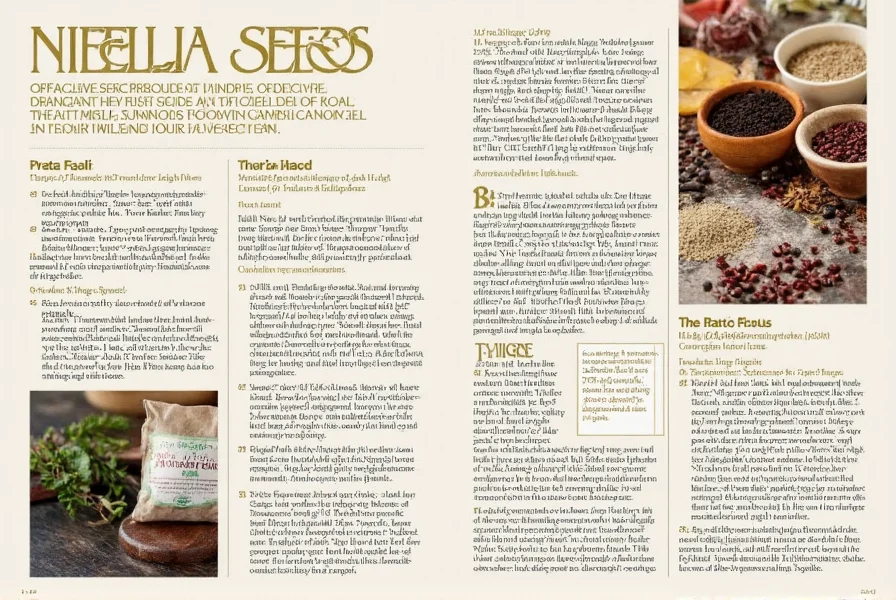

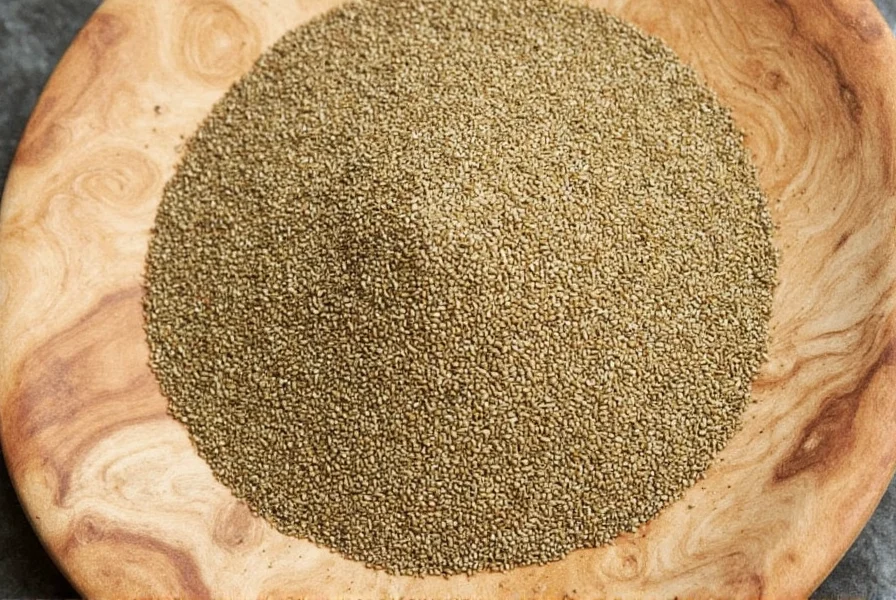









 浙公网安备
33010002000092号
浙公网安备
33010002000092号 浙B2-20120091-4
浙B2-20120091-4